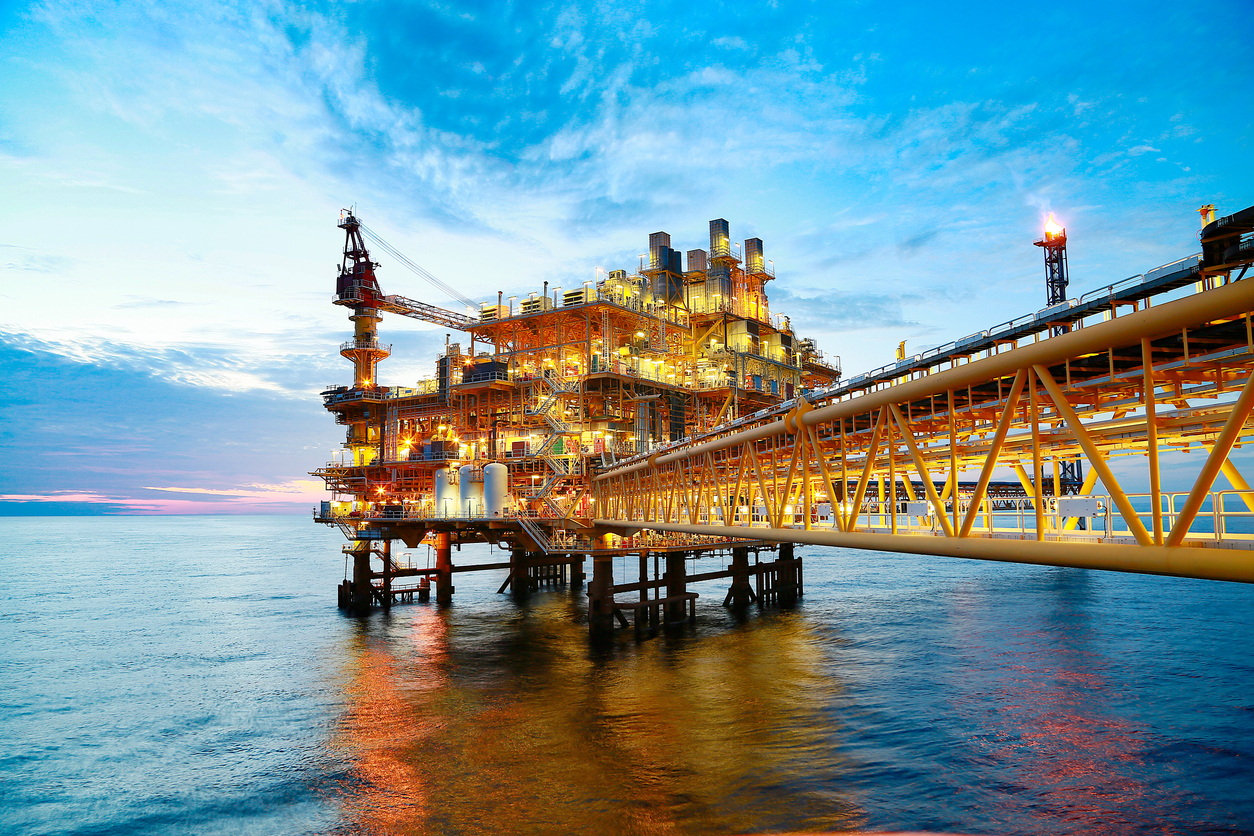
Safely Managing an Oil Rig at Sea
October 18, 2022
Safely managing an oil rig is essential to preventing catastrophes from occurring to workers and keeping the company stable. Offshore oil rigs can be dangerous places even in ideal conditions. But when there is a storm or other environmental hazard, the risk of injury and death increases exponentially. It is why reputable firms devote so much effort and attention to ensuring safety on their offshore oil rigs.
The increased focus on oil rig safety has brought about some positive results. As more and more companies adopt a “safety first, job second” approach, the number of fatalities on offshore oil rigs has declined over the past several years.
Managing an Oil Rig: Safety Precautions
Nevertheless, the threat of injuries and deaths remains. Incidents such as falls, chemical exposure, fires, explosions, and equipment malfunctions mean that the risk may never entirely disappear. Apart from getting maritime employers’ liability insurance and marine contractor insurance, companies need to implement the following measures:
Implement a “Safety-First” Policy
Oil rig owners and operators should focus primarily on ensuring safety in the workplace. This policy should inform the behavior and attitudes of everyone onboard, including workers, managers, and supervisors.
This approach frequently reminds everyone to maintain a safe working atmosphere. Workers should follow safety rules and regulations strictly, and everyone should be alert to possible risks and dangers. All workers should know their safety and fire-fighting equipment locations.
Of course, company leaders and officers should “walk the talk.” They should be the first to practice the policies they implement. If employees see that their managers are committed to safety, they will be more likely to follow suit. Conversely, they may not be inclined to adhere to safety practices if it is apparent that managers only pay lip service to them.
Have New Workers Undergo Orientation
Orientation should be mandatory for new workers and transferees. Established programs such as SafeGulf or IADC RigPass are vital for onboarding new personnel before they are allowed to work on the rig floor.
These orientation programs can be beneficial for familiarizing employees and contractors with the company’s operating policies. They also help manage expectations and get everyone on the same page regarding site rules, further enhancing the safety of the work environment.
Hold Training Programs
Oil rig workers should be required to undergo periodic training and refresher sessions. Management typically administers training after orientation, but this shouldn’t be a one-time thing. Instead, workers should undergo training as needed, whether required by a new policy, acquiring new equipment, or refreshing skills and knowledge.
Training programs should cover safety procedures as well as instructions on the use of equipment and machinery. Providing employee training helps demonstrate the employers’ commitment to safety and is a great way to reinforce the company’s “safety-first” policy.
Require the Use of PPE
Companies should always use personal protective (PPE) when working on oil rigs. It includes the following:
- Safety glasses
- Hard Hats
- Gloves
- Steel-Toed Boots
- Respirators
- Fire Resistant Clothing
Of course, not everyone should wear PPE, and those that do won’t need to have them on at all times. But it is essential to ensure ready access to the equipment by workers that need them when they need them. Remember, it is always better to have PPE and not need it than not to have it during an emergency.
Implement Positive Reporting
Finally, oil rig managers should encourage workers to report concerns freely without fear of recrimination. They should be able to talk to their superiors about important issues and have an assurance that the company will practice safety tactics.
About Merrimac Marine
At Merrimac Marine, we are dedicated to providing insurance for the marine industry to protect your clients’ business and assets. For more information about our products and programs, contact our specialists today at (800) 681-1998.
